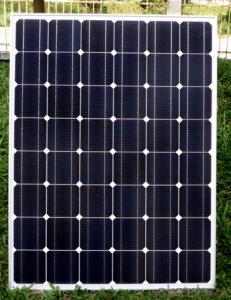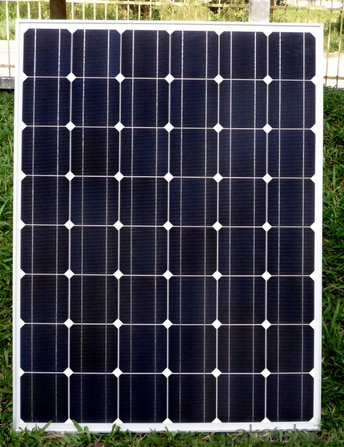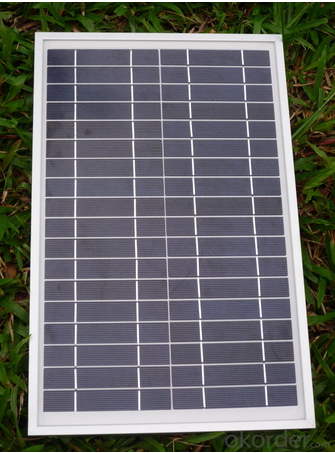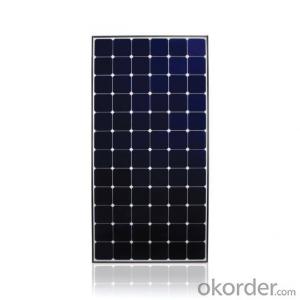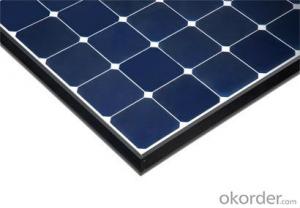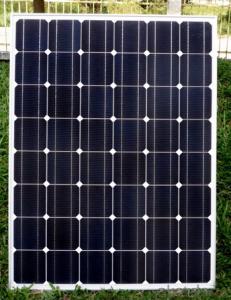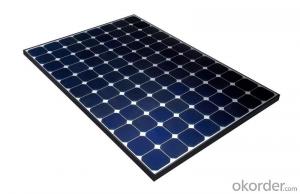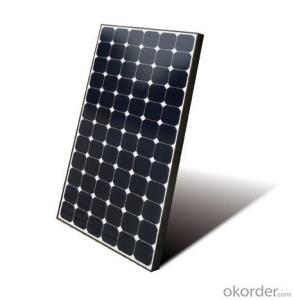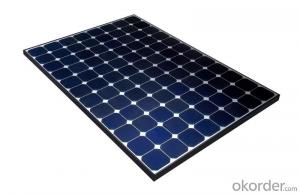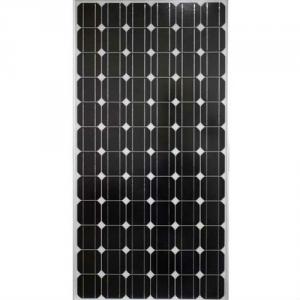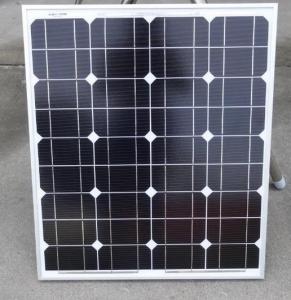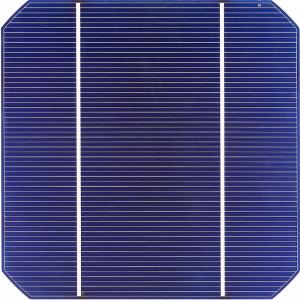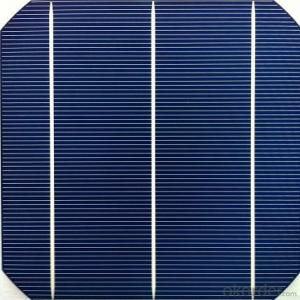Buy Individual Solar Cells:Poly Solar Panel 5W A Grade with 12 Years Warranty
- Loading Port:
- Shanghai
- Payment Terms:
- TT OR LC
- Min Order Qty:
- 100 watt
- Supply Capability:
- 1000 watt/month
OKorder Service Pledge
OKorder Financial Service
You Might Also Like
Specification
Poly Solar Panel 5W A Grade with 12 Years Warranty
Production description
Solar power is the conversion of sunlight into electricity, either directly usingphotovoltaics (PV), or indirectly using concentrated solar power (CSP). Concentrated solar power systems use lenses or mirrors and tracking systems to focus a large area of sunlight into a small beam. Photovoltaics convert light into an electric currentusing the photovoltaic effect.[1]
The International Energy Agency projected in 2014 that under its "high renewables" scenario, by 2050, solar photovoltaics and concentrated solar power would contribute about 16 and 11 percent, respectively, of the worldwide electricity consumption, and solar would be the world's largest source of electricity. Most solar installations would be in China and India.[2]
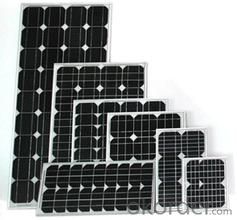
Application
Commercial
Industrial
Residential
Product Feature
12 years quality warranty 25 years performance output.
Free for less than 5 pcs sample requirement
Free to replace or repair or refund if products fail to conform to the PI requirement.
Packaging
28pcs into carton 2carton into pallets 28pallets into a 40ft container
Delivery
After 25 days for manufacturered goods as soon as we received full payment.
After 10 days for stock goods as soon as we received full payment.
- Q: Can solar cells be used for indoor applications?
- Yes, solar cells can be used for indoor applications. While they are primarily designed for outdoor use to harness sunlight, advancements in technology have made it possible to use solar cells indoors as well. Indoor solar cells can be used to power various devices and systems, such as indoor lighting, small electronics, and even indoor farming setups. Additionally, solar cells can also be used in combination with battery storage to provide a continuous and renewable power source for indoor applications.
- Q: How do solar cells perform in areas with limited space for installation?
- Solar cells can still perform well in areas with limited space for installation, thanks to advancements in technology. Compact and efficient solar panels are designed to maximize energy production even in small areas. Additionally, innovative installation techniques such as rooftop solar panels or solar canopies can help utilize available space effectively.
- Q: Can solar cells be used in public infrastructure projects?
- Yes, solar cells can be used in public infrastructure projects. They can be integrated into various public infrastructure systems such as streetlights, traffic lights, bus stops, and electric vehicle charging stations to harness renewable energy and reduce dependence on traditional power sources. Solar cells can also be installed on rooftops or in open spaces of public buildings to generate electricity for their own consumption or to feed excess power back into the grid. By utilizing solar energy, public infrastructure projects can promote sustainability, reduce carbon emissions, and contribute to a cleaner and greener environment.
- Q: How do solar cells perform in coastal environments?
- Solar cells perform well in coastal environments as they are not affected by the presence of salt in the air. However, high humidity levels and salt spray can potentially impact the performance of solar cells over time, requiring regular maintenance and cleaning to ensure optimal efficiency.
- Q: How do solar cells perform in high pollution areas?
- Solar cells may be less efficient in high pollution areas due to the reduced amount of sunlight reaching the cells. The presence of pollutants in the air can block or scatter sunlight, decreasing the amount of light that solar cells can convert into electricity. Additionally, pollutants can accumulate on the surface of the cells, further reducing their performance. However, advancements in solar cell technology and regular cleaning can help mitigate the negative effects of pollution, allowing solar cells to still generate electricity, albeit at a slightly lower efficiency.
- Q: Is there any easy way to make a solar cell? I want to make a DIY solar cell with my child at home.
- If you know the principle of solar cells, it can be easy for you to make it yourself.
- Q: How much does a solar cell cost?
- I never did the exact calculation, but it does cost much more than I thought.
- Q: What is the efficiency of a solar cell?
- The efficiency of a solar cell refers to the percentage of sunlight it can convert into usable electricity.
- Q: Can solar cells be used to power agricultural irrigation systems?
- Yes, solar cells can be used to power agricultural irrigation systems. Solar panels can convert sunlight into electricity, which can be used to power pumps and other equipment necessary for irrigation. This renewable energy source can provide a sustainable and cost-effective solution for powering irrigation systems in remote or off-grid areas.
- Q: Can solar cells be installed on vehicles?
- Yes, solar cells can be installed on vehicles. In fact, solar panels are increasingly being used to power various components of vehicles, such as electric cars, hybrid cars, and even boats. These solar cells harness sunlight and convert it into electricity to charge the vehicle's batteries, reducing the reliance on traditional fuel sources and making them more environmentally friendly.
Send your message to us
Buy Individual Solar Cells:Poly Solar Panel 5W A Grade with 12 Years Warranty
- Loading Port:
- Shanghai
- Payment Terms:
- TT OR LC
- Min Order Qty:
- 100 watt
- Supply Capability:
- 1000 watt/month
OKorder Service Pledge
OKorder Financial Service
Similar products
Hot products
Hot Searches
Related keywords
